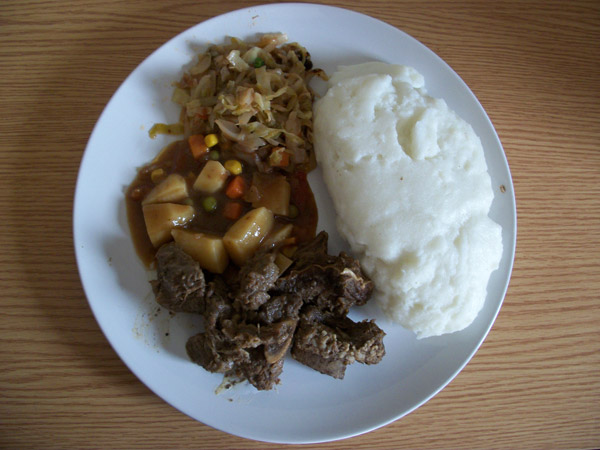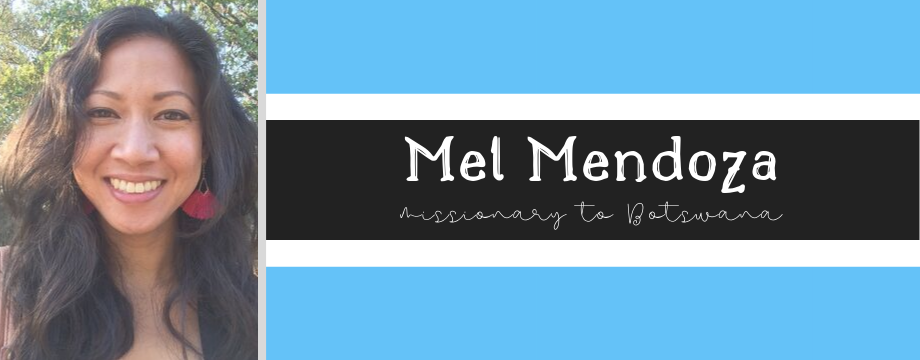For Day 3 of my 10 Days of Thankfulness, can I just say that I’m thankful that I feel at home in Africa? Because I do. How does one Filipino American find herself feeling at home in a foreign country she has never been to? I look different. I talk differently. I stand out like a sore thumb. I’ve only ever lived in big cities prior to moving to Africa, and although Francistown is the second largest city in Botswana, it ain’t San Diego or Denver (where I used to live). I packed my bags and moved to a foreign country. Foreign! – by definition, something that should feel strange and unfamiliar to me. In certain respects, at certain times, on certain days, things have felt strange or unfamiliar. But, for the most part, I surprisingly and pleasantly feel very comfortable and at home in Africa.
I’m not really sure what led to this “instant” feeling of “at-home-ness”, but I feel like I’ve had a pretty smooth and easy transition acclimating to life in Botswana. I would like to think that I’m just that awesome of a missionary, but I think the truth is that I am simply where God wants me to be and I am doing what He made me to do. Because if I were to look at the facts, I should be feeling completely out of place. But I don’t. I feel like I fit here, like I belong. I am exactly where I’m supposed to be.
There are so many things I really appreciate about life/culture in Botswana.
For starters, I like the way people greet each other here. Dumela is the Setswana (main dialect) word used for pretty much any type of general greeting (e.g. Hi, Hello, Good Morning, etc.). Basically, you should greet everyone you come into contact with – whether you know them or not – when you’re walking, when you’re riding a taxi, when you sit down next to someone, etc. I also enjoy the custom of greeting elders – you do a small curtsey when you shake their hand. And when you shake hands with someone, you always shake with your right hand while your left hand rests on your right forearm. Greeting people in this way has become second nature to me and I just feel so African when I do it!
I love singing songs in Setswana! Setswana ain’t an easy language to learn. It’s a tonal language, meaning you can say the same word (with the same spelling) a different way to mean something else completely different. It’s also a language that utilizes a lot of consonant clustering. For example the word for miss (as in, I miss you) is tlhwaafaletse (not even sure if I spelled that right). Try saying that five times fast – or just try saying it! My Setswana is coming along slowly but surely, but I have discovered, however, that it’s a bit easier and way more fun to sing in Setswana! Sometimes I don’t even know what I’m singing, but I. love. it! If I was feeling brave enough, I would have recorded a video of myself singing my favorite Setswana song. Maybe for another blog post…
I also love the food! Below is a picture of a typical meal in Botswana – beef stew, cabbage, and pap. Let me just talk about the pap, or paletshe (probably spelled that wrong, too). It’s the white stuff that looks like mashed potatoes, but it’s actually ground up maize (corn) boiled in water. It’s dense and thick in texture and bland in taste. Maybe I could compare it to grits except it’s thicker and harder. Might not sound very appetizing to some palettes, but I stinkin’ love. this. stuff! When I am served a plate of food with pap on it, I am one very happy missionary :)

Typical meal in Botswana – beef stew, cabbage and glorious paletshe!
I am grateful to be an American. I love where I got to grow up and it will always be home. But I am also thankful that today, I get to call Botswana home.




